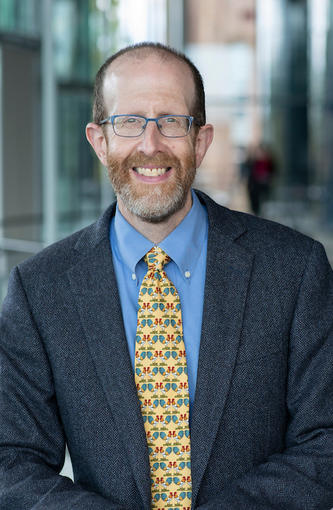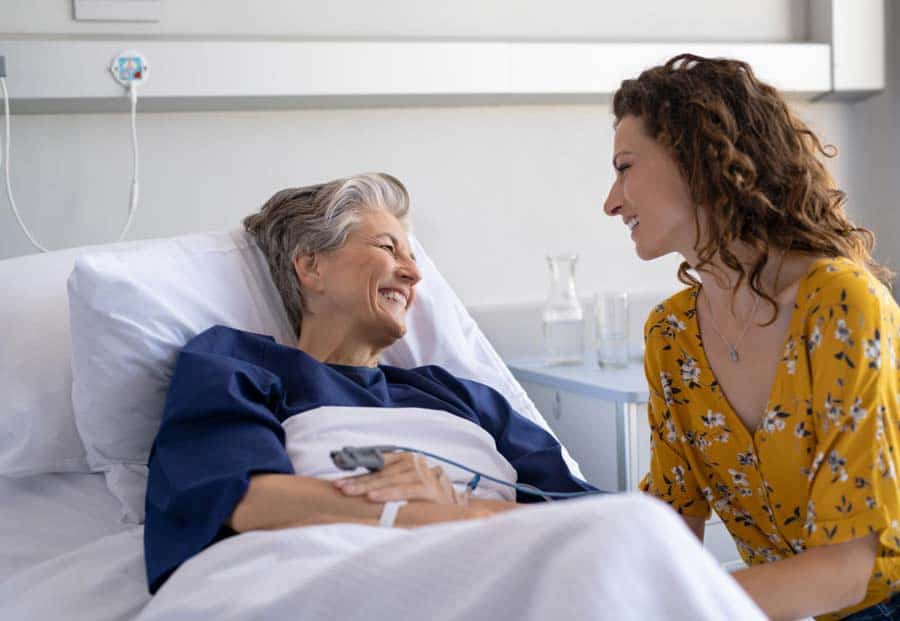Please view our updated COVID-19 guidelines and visiting procedures →.

On June 10, national expert on pandemics and public policy Professor Howard Forman, MD, MBA, FACR, Professor of Radiology and Biomedical Imaging, Public Health (Health Policy), Management, and Economics at Yale University, spoke to Connecticut Hospice staff about COVID-19.
Professor Forman answered questions on a variety of topics relevant to professional practices and personal lives during the pandemic.
“It is possible that we are going to live the rest of our lives with a pandemic in some way, shape or form, and we are going to have to acclimate to that. Think about everything you do, and mitigate the risk as much as possible. To think we will never go out or attend family functions and gatherings would probably be ridiculous, but we should all avoid crowded, enclosed, indoor spaces or functions".
"Every single thing you do comes with some heightened risk. The thing that reduces your risk is decreasing mobility and not interacting with anybody and that’s just not how we’re going to be able to live our lives”.
The two practices he emphatically emphasized are wearing a mask always, and testing.
“If no vaccine is available I believe that testing is equivalent. If I could provide you with a $5 - $10 instant test for coronavirus that was highly sensitive, that you could do every day, you would basically eradicate this and have no problem of spread. And if we did this on a wide scale in the United States for a period of time we would stop this”.
Professor Forman stated the belief that testing will be scaled up and cheap enough for widespread implementation in the next six months.
Ideally, he said, “If you are home with someone vulnerable, test often”.
On the subject of pre/asymptomatic spread by a COVID-positive person, he confirmed that there is a documented two-day window before symptoms show when you can infect others.
“It is impossible to know if you are pre-symptomatic. Your assumption should always be at any given point in time that you might be infected – you just may not have symptoms yet”.
While his warnings are sobering, he concluded that with proper protection – wearing masks, frequent hand-washing, constant adherence to social distancing guidelines and avoiding crowded settings – your risk can be greatly mitigated.
Watch the entire session here:

As a not-for-profit, we depend on generous donors to help us provide customized services and therapies that aren’t completely covered by Medicaid, Medicare, or private insurance.
Please make a gift to help us sustain the highest standard of care.
Admissions may be scheduled seven days a week.
Call our Centralized Intake Department: (203) 315-7540.